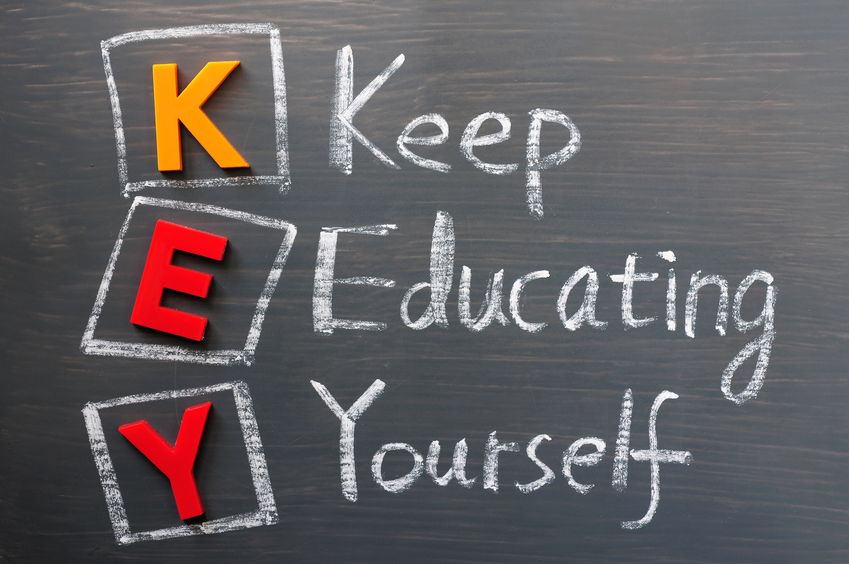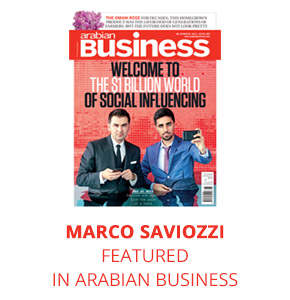The term ‘interdealer broker’ doesn’t roll off the tongue as easily as ‘trader’, which makes it easy to confuse the two. Hollywood adds to the problem by loosely throwing the term ‘trader’ around to the point at which it becomes synonymous with people in exchanges yelling at one another.
As interdealer brokers, we’re here to find buyers, negotiate the best price and close deals. It can be a lucrative profession – brokers charge banks a commission on every trade and can expect to keep around 60% of those commissions. But it’s a tough profession too, requiring commitment, a broad skillset and superhuman endurance.
In this article we’ll look at what interdealer brokers do and then what you need to get ahead in this profession.
What’s an interdealer broker and why become one?
In a sense, we’re the engine room of the deal. We sit between buyers and sellers, linking one to the other. Without us the deals don’t get made – or at least they would take a lot longer and risk compromising the financial position of those involved.
Our clients are corporates rather than individuals and we establish a means for them to buy and sell financial instruments – whether it’s bonds, equities, currencies or commodities. As one recruitment site puts it ‘the broker acts as an intermediary, providing a pool of liquidity in which these market participants can buy and sell’.
Our clients are corporates rather than individuals and we establish a means for them to buy and sell financial instruments.
All straightforward so far – we help our clients to trade efficiently (and anonymously if they wish) up to the point of execution.
But what’s it like on the other side? Well, it’s competitive field with long hours, plenty of client interaction and the responsibility of dealing with large amounts of their money.
So here are five key steps to becoming an interdealer broker.
1. Decide what you want from the job: If you’ve already taken a long, hard look at yourself and at the job as well, your next major decision will be about your ideal firm. There are giants in this industry – around 70% of the global business takes place in London and New York. And until recently there were five major players – ICAP, Tullett Prebon, Tradition, BGC Partners and GFI Group. Last year, the first two on that list merged and so the big five became the big four.
Now, there are advantages to working in larger firms – they include the prestige of a recognisable name and the promise of a shiny benefits package. But there are downsides too, including the relative anonymity. In our profession, making a name for yourself is essential and the more you blend into the background, the harder it will be to build your reputation.

Fortunately, among the giants there are smaller, lighter and more agile boutique brokerages. That’s true of the UAE, which remains a hotbed of SME activity – 103 of the best performing SMEs in the country reported an average growth rate of more than 150% last year. Working for a boutique brokerage will throw you in at the deep end, but it offers opportunities for accelerated learning, quicker job progression and the forging of a cast-iron, flame-retardant reputation. You can read more about how small really can be beautiful in our article – Why big isn’t always better for brokers.
2. Understand education: Education is an important consideration, as long as you realise it doesn’t stop with your final exams. If youth is so much on your side that you’re still studying, or considering your options, then focusing on finance goes without saying. But it’s useful to narrow down exactly what you want to study. Corporate finance, for example, will cover things like assessing the market value of corporations, risk mitigation strategies and mergers and acquisitions. On the other hand, you might major in international finance, opening up topics like international monetary systems and global financial markets.
All of this would be useful as a broker, but you could study smarter too. Behavioural finance for example, seeks to explain the ‘why’ as well as the ‘how’ in looking at financial decision-making processes. As a behavioural economics major you would be learning the psychological, social and economic analysis techniques that will help you to understand why individuals, firms and ultimately, the markets, behave in certain ways.
It’s not surprising that the current top ten universities for economics includes all the British and American universities you might expect. MIT heads up the list, followed by Harvard and Stanford. LSE is at number four, with Oxford and Cambridge also making the cut. But becoming a successful broker doesn’t begin or end with getting into one of the elite universities. In a sense, your real education begins the day you first set foot inside your chosen firm. This isn’t the education of theory, stochastic models and textbook answers; it’s the on-the-job, trial-by-fire education that only comes with getting stuck in. You may want to explore internships at an interdealer brokerage as well – it doesn’t mean you have to become trapped in their corporate structure, but it will help you to assess whether or not the field is right for you.
3. Look for mentors: With that in mind, it’s a good idea to work with – and listen to – those who have been in the business longer than you have. That doesn’t mean blindly following their every move, but you should understand that a glowing university record doesn’t guarantee success. Resumes don’t make reputations, so once you’re in the field you need to watch and learn from more established players. Humility is as important as confidence and every interaction is an opportunity to learn.
Resumes don’t make reputations, so once you’re in the field you need to watch and learn from more established players.
It’s up to you how proactively or reactively you make these connections – you can let relationships establish themselves naturally, talking shop at social occasions, or engaging in sporting activities. Or you could make a more formal overture in taking on a mentor. Mentoring is increasing in popularity, particularly among younger professionals. A 2016 global report from Deloitte found that among those who intend to stay with their organisation beyond five years, 68% have a mentor.
You may find that through connections at work, you’re able to meet and speak with those who have fought and won the battles before. For example, Robert Bowles from ICAP notes the importance of ‘attention to detail, interest in the product and the ability to adapt to different personalities’. He adds, ‘understanding that the conversation you have with a manual trader at a bank is going to be very different from a quantitative trader at a hedge fund is essential. Tailoring your material to their needs and language is what makes the difference’.
Before you can speak with the voice of experience, listening to the voice of experience can help you to be forewarned and forearmed.
4. Rely on yourself: Remember though, while it’s good to absorb the knowledge and experience of others, you need to be able to stand on your own two feet. It’s essential to have a healthy respect for your customers, a good moral compass and a determination to do the job well – but remember that ultimately every broker is trying to do the same thing as you, that is build a reputation and get ahead.

That means you should pick up what you can along the way, but strive to be self-reliant as well. Being a broker, like being a trader, can be an unforgiving environment – in the words of Moneyweek’s Deputy Editor Tim Bennett, ‘this is one of the most cut-throat places in financial markets’. You need to develop strength of character, resilience to knockbacks and the ability to consider your next move with both courage and clarity.
5. Develop a varied skillset: Clearly, if building such a skillset was easy, everyone would be a great broker. You won’t develop a skillset like that quickly and, unless you’re gifted with boundless charisma and magnetism, the truth is you’re going to have to work really hard. It’s a fast, demanding field that comes down to executing as many trades as possible in market hours. That means toiling before the day even begins to soak up the news and understand market sentiment. It also means thinking on your feet, juggling priorities and reacting quickly and effectively to changing situations.
It’s a fast, demanding field that comes down to executing as many trades as possible in market hours.
But your soft skills are essential too, because you need to function well over a period of years, alongside both colleagues and clients. At its heart, interdealer broking is about people, communication, trust and reputation. That means knowing people, but it also means knowing yourself. Of course, success requires confidence and commitment, but it demands fluid intelligence and self-awareness as well. The best brokers have the foresight to know what they don’t know, then identify and learn from those who do.
The reality is that while we’ve looked at your first five steps, a smart broker understands these are just the beginning of multiple phases throughout their career.
About the author: Marco Saviozzi, CEO
Marco attained an MBA in Finance from the IEMI, Geneve, before starting his career in corporate sales at Xerox. He would eventually move on to French firm Viel (now Tradition), before being headhunted by prestigious London firm ICAP, where he was brought in as head of the French Franc IRS Desk. He quickly rose to become a part of the management committee as Co-Head of the Euro Desk, and later moved to the New York office to head up the Equity Derivatives team. After 14 years at ICAP, in 2007, he opened Newedge – a Calyon / Societe Generale brokerage arm in Dubai. Two years later he would go on to form GMG as a co-founder with several past colleagues. When he is not facilitating trades on behalf of clients, Marco can be found on the golf course or watching his favourites sports – Formula 1 and horse racing.


